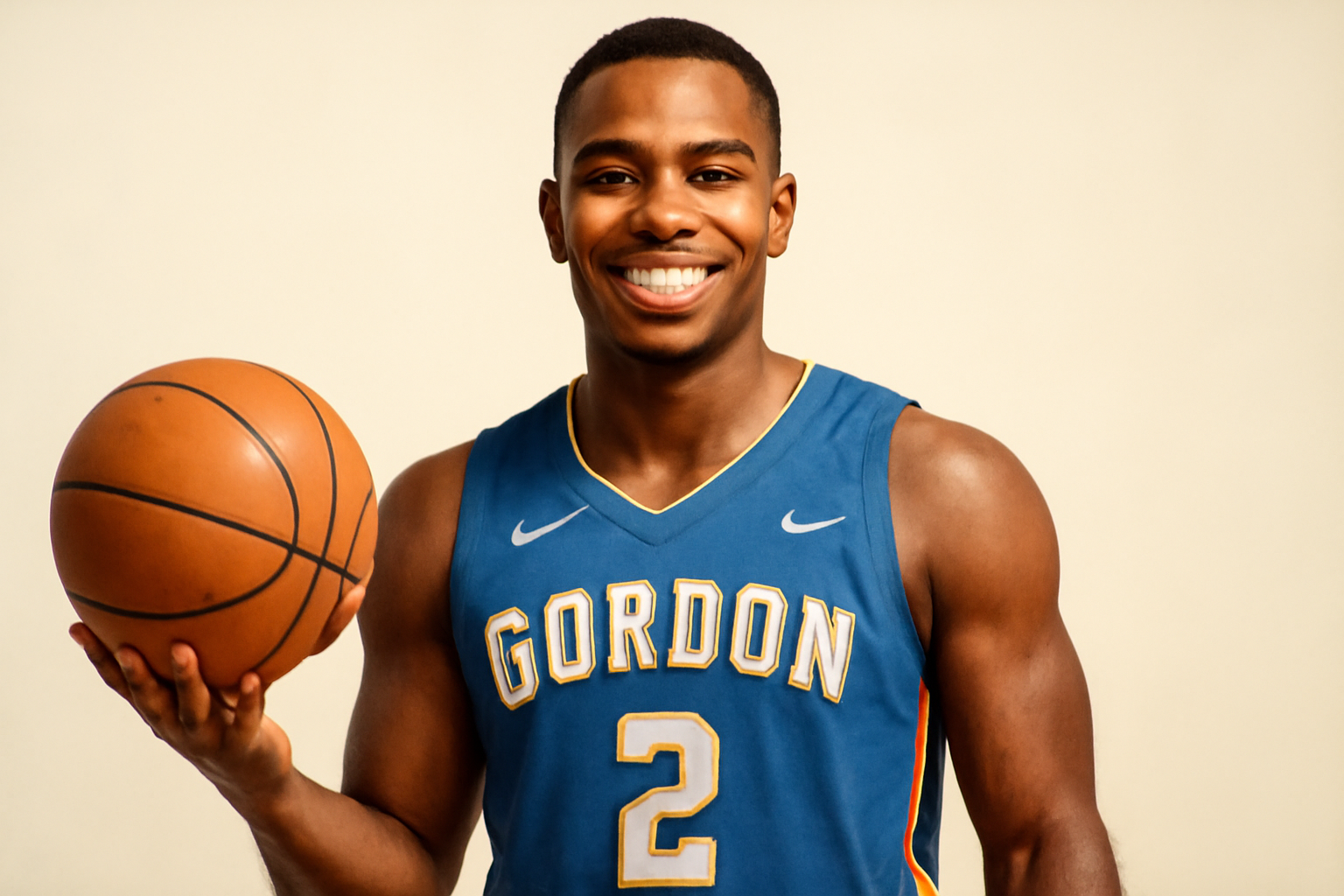
Derrick Gordon has made history in the world of college basketball for several reasons, and his story is one of inspiration and courage. He stands alone not only as the first athlete to play in the NCAA March Madness tournament for three different teams but also as the first openly gay player to participate in Division I men's college basketball.
Gordon's journey began with a promising start as a high school basketball player, a talent that was documented in the HBO documentary "Prayer for a Perfect Season," alongside notable players like Kyrie Irving and Michael Kidd-Gilchrist. This early exposure set the stage for his collegiate career.
College Basketball Journey
Derrick Gordon first took his talents to Western Kentucky University. There, he played a pivotal role in helping the Hilltoppers secure a spot in the NCAA tournament. In their memorable 16-seed play-in game, Western Kentucky triumphed over Mississippi Valley State before bowing out against Kentucky, a top-seeded team.
From Western Kentucky, Gordon transferred to the University of Massachusetts (UMass). His presence was felt immediately as UMass made its first March Madness appearance in 16 seasons. Despite their exit in the first round against Tennessee, Gordon's performance was notable. It was shortly after this tournament that he made the brave decision to come out publicly as gay.
Breaking Barriers
In 2014, Derrick Gordon made headlines by publicly announcing his sexuality through stories shared by Outsports and ESPN. This announcement made him the first openly gay Division I men's college basketball player, a significant milestone in sports and LGBTQ+ visibility.
Gordon's decision to come out was met with widespread support and helped challenge and ultimately dismantle the long-standing myth that gay athletes would be a distraction in major sports programs. His visibility and success on the court proved otherwise, showing that talent and dedication are what truly matter.
Seton Hall and Continued Success
For his final year of eligibility, Gordon transferred to Seton Hall University, a Catholic institution. There, he joined the Pirates and made history once again. In 2016, Derrick Gordon became the first publicly out gay man to play in an NCAA Division I game, and subsequently, an NCAA Division I tournament game. His presence and performance on the team shattered preconceived notions about the "distraction" factor often associated with out athletes in sports.
Seton Hall’s success during this period, with Gordon as a prominent player, stood as a testament to the power of acceptance and diversity in sports.
Professional Career and Retirement
After college, Gordon continued his basketball career professionally in Europe, playing in countries such as Cyprus and Germany. Throughout his career, he remained a beacon of inspiration for aspiring athletes, particularly those facing similar challenges in accepting their identities.
In 2025, Derrick Gordon announced his retirement from professional basketball. Reflecting on his journey, he shared his sense of fulfillment and gratitude for the opportunities and experiences his career afforded him.
“I have no regrets," he stated. "I inspired so many people along the way. I will continue to keep being the trailblazer I am.”
Gordon’s career stands as a powerful narrative of perseverance, courage, and influence. While other athletes in different sports have since come out, no one in major college basketball has followed in his footsteps. This makes Derrick Gordon a unique figure in the realm of college sports.
Life After Basketball
Today, Derrick Gordon resides in Los Angeles, where he continues to inspire through his advocacy and presence. He engages with fans and followers on social media, notably on Instagram and Twitter, where he shares insights and updates from his life.
Derrick Gordon’s story is a remarkable example of how sports can be a platform for change and acceptance. His contributions to basketball and the LGBTQ+ community are profound, showing that being true to oneself can lead to breaking barriers and paving the way for future generations.
Gordon's legacy is not just in the records he set or the games he played, but in the lives he touched and the courage he inspired.
Related Posts
Pride Month in Latin America: Protests and Demands for Equality
**Celebrating Pride and advocating LGBTQ+ rights in Latin America** Pride Month in Latin America was a lively mix where celebration met activism. Communities united, not just throwing a party but making a stand—demanding equality and pushing governments toward better protection and rights recognition. Throughout Latin America, pride events erupted in marches and cultural displays, each with a c [...]
Transgender Erasure Actions Implemented by National Park Service
```html Trump administration's impact on national park service and transgender recognition The Trump administration made notable moves in undermining transgender representation, which included directing agencies like National Park Service not include "T" and "Q" when they refered “LGBTQ” in any official communication. This move seems part a broader plan by this administration aimed at reducin [...]
Drag Night Extravaganza: Daddies & Baddies at Atlantic City's Anchor Rock Club
Atlantic City, NJ, isn't just about its casinos and boardwalk—it's a hub bursting with energy and entertainment. One event that truly captures this spirit? The "Daddies & Baddies" drag night at Anchor Rock Club. This vibrant night celebrates amateur drag in all its glory, offering a kaleidoscope display where creativity and community unite. If you're looking where inclusivity and creativity take [...]